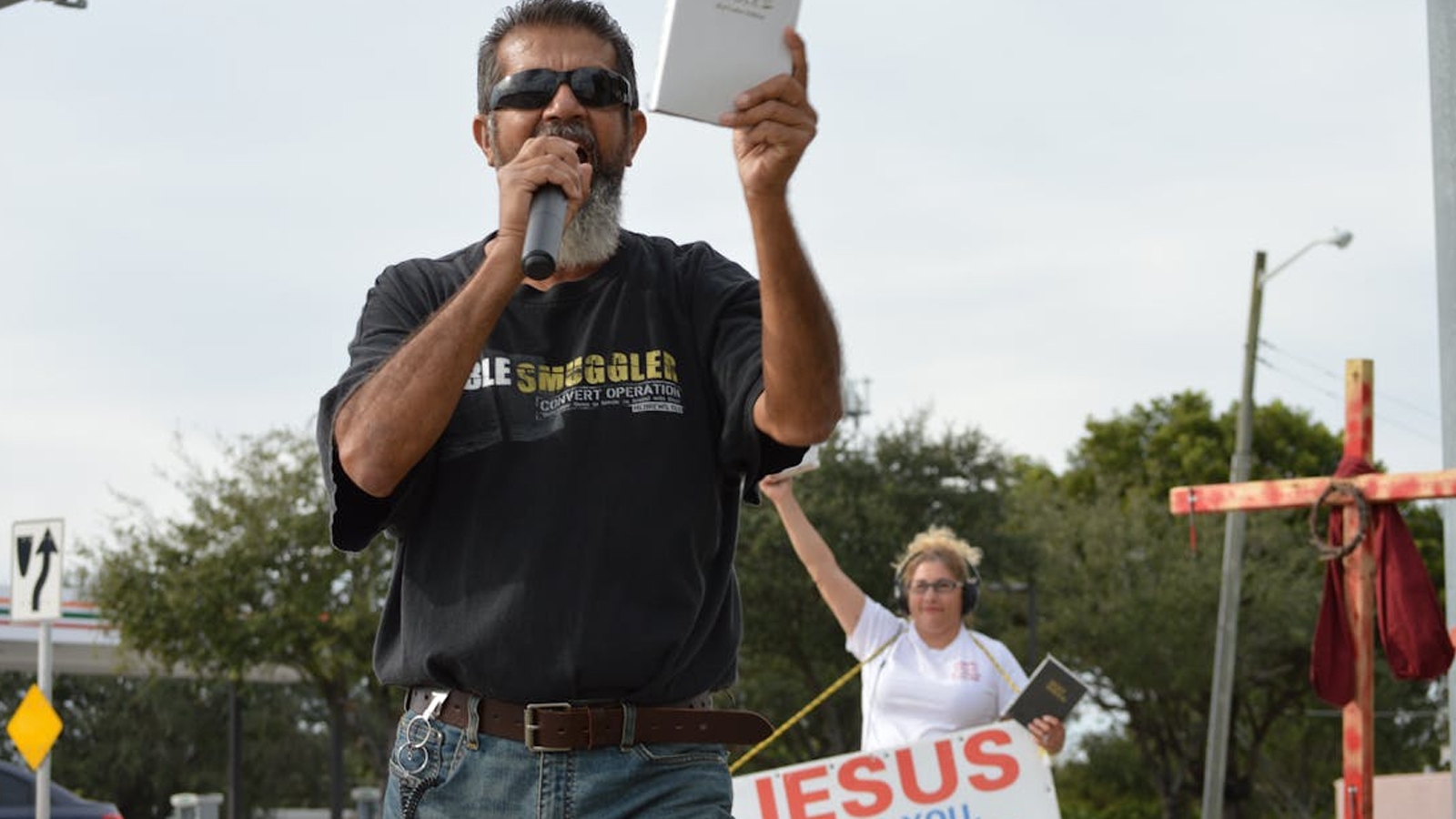 Since writing Cold-Case Christianity, I’ve had the great privilege of speaking in local churches across the country, teaching principles of cold-case investigations and making a case for the reliability of the New Testament. I’ve been involved in hundreds of conversations about the nature of church in America. Last week, while speaking at a conference, I had a short conversation with a man named Paul. He told me he no longer attended church. When I asked him why he stopped attending, he said that he didn’t think church was “relevant” to his life. I thought that was an interesting response. Many of the pastors I know pride themselves on writing messages and creating church experiences that are “relevant”. But what makes a church relevant in the first place? What do we mean when we use this word? Why is “relevance” a high value for so many church leaders?
Since writing Cold-Case Christianity, I’ve had the great privilege of speaking in local churches across the country, teaching principles of cold-case investigations and making a case for the reliability of the New Testament. I’ve been involved in hundreds of conversations about the nature of church in America. Last week, while speaking at a conference, I had a short conversation with a man named Paul. He told me he no longer attended church. When I asked him why he stopped attending, he said that he didn’t think church was “relevant” to his life. I thought that was an interesting response. Many of the pastors I know pride themselves on writing messages and creating church experiences that are “relevant”. But what makes a church relevant in the first place? What do we mean when we use this word? Why is “relevance” a high value for so many church leaders?
The Merriam-Webster Dictionary describes “relevant” as “having significant and demonstrable bearing on the matter at hand,” “affording evidence tending to prove or disprove the matter at issue or under discussion,” or “having social relevance.” The most important issue related to relevance then, is deciding the “matter at hand” or the “matter at issue”. To what (or whom) are we trying to relate? What are we trying to prove? I suspect that most pastors, if challenged to create a “relevant” church environment and experience, would:
Seek to use the language, imagery and music of the culture more often,
Attempt to engage seekers with an experience that is more entertaining and interesting, or,
Provide people with information to help them have a better, more successful life
When someone tells me they love their church because it is “relevant” to their lives, I typically find one of these three approaches has been taken by church leadership. I think all three tactics are deficient and misguided.
Don’t get me wrong, I also want the church to be relevant, but I don’t want it to mirror the culture in order to achieve this goal. There are two ways to be relevant. One is to accept the priorities of the world around us until our message starts to sound like every other message the culture enjoys. The other is to take a counter-cultural position and then make a case for why the Christian worldview is superior. That’s the choice we have as church leaders: make a consistent effort to look more like the culture, or make a consistent effort to guide the culture to something better. Focus the church on the desires of the individual attendee, or repeatedly make a case for the surrendered, selfless Christian life. That’s why relevant church leaders have to become excellent Case Makers. We can definitely use language, imagery and music that are familiar to the culture, but our message cannot be compromised. We cannot surrender to selfish hedonism.
Here's the choice we have as church leaders: make a consistent effort to look more like the culture, or make a consistent effort to guide the culture to something better. Share on XPeople have questions. “Why am I here?” “What’s the point of all this?” “Why am I so messed up?” “How can I fix this?” These are important questions and every worldview provides its own answers. We can either embrace the answers of secularism (by borrowing from them), or make a case for the superiority of Christianity. We can try to be relevant by entertaining our selfish nature, or we can truly become relevant by making a case for what we believe, even though it is unselfishly counter-cultural. This second approach will require us to reason through the evidence of Scripture and demonstrate the superiority of the Christian worldview. That’s why relevant churches must become case-making churches.

J. Warner Wallace is a Dateline featured Cold-Case Detective, Senior Fellow at the Colson Center for Christian Worldview, Adj. Professor of Christian Apologetics at Talbot School of Theology, Biola University, author of Cold-Case Christianity, God’s Crime Scene, and Forensic Faith, and creator of the Case Makers Academy for kids.
Subscribe to J. Warner’s Daily Email





















Pingback: The Best Piece of Christian Evidence: Unity | Cold Case Christianity
Pingback: Why Do You Feel Guilty About Evangelism But Not Apologetics? | Cold Case Christianity
Pingback: When Youth Pastors Ought to Feel Responsible | Cold Case Christianity
Pingback: Christian Worldview: What Does It Mean to Be “In the World” but Not “Of the World”? | Cold Case Christianity
Pingback: Why Christian Case Makers Need to Learn a New Language
Pingback: How to live a practical Christian life. by Dr. Dan | Spiritual Living 360
Pingback: What Makes a Church “Relevant”? | Cold Case Christianity – Elders Scrolls
Pingback: 8 Reasons Millennials Do Not Go To Church – Theology Alley